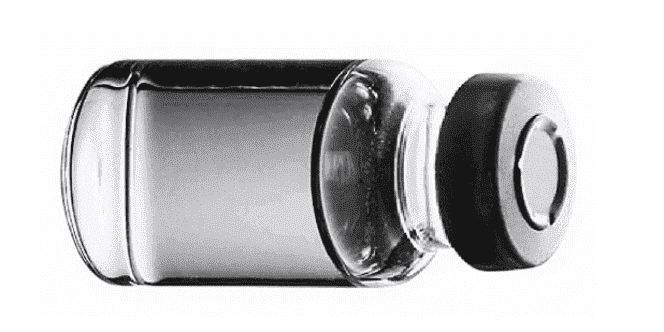“Balance your bar”
Hundreds of testimonies tell the same story: parties, black holes and sexual assaults, which took place in Brussels. These stories, collected since mid-October on the Instagram page @balance_ton_bar (more than 21,000 subscribers), managed by Maïté Meeus and Dounia Salimi, have recently become a movement. In particular against the many cases of drugs poured into the glasses of women, and some men, without their consent. Most often GHB, nicknamed “rapist’s drug”, because of its numbing effect and difficulties in identifying it after the fact in victims. In Belgium, but also in England, several bar boycotts were organized. The latest was launched for November 12.
Banned since 1999
Gamma-hydroxybutyric acid (or GHB) was first synthesized in the 1920s, then by Professor Henri Laborit in the early 1960s. It has long been used as an anesthetic for surgical operations, during experimental treatments against narcolepsy, or still in place of steroids for bodybuilding, mainly in the United States. Until it was, in 1999, classified as a narcotic in France before being classified in 2003 in the United Kingdom. But the recreational, and therefore illegal, use of what is dubbed “liquid ecstasy” in the 1990s continues.
An increase in overdoses
Today, consumers often use GBL, a banned but more accessible paint solvent that turns into GHB once in the body. Its effects are the same: flutter, euphoria, and increased libido. It has become a very popular recreational substance in the practice of chemsex – contraction of chemicals and sexor sexual intercourse accompanied by drug use.
Since 2018, the number of overdoses, dubbed “G-holes”, is increasing in Parisian nightclubs, to the point of becoming a public health problem. The United States is facing the same phenomenon: the New York Times designated the chemsex as the “AIDS number 2”, due to the number of deaths.
“Glass preservatives”
In France, cases of GHB poured into glasses are legion since the reopening of bars and then, in July, nightclubs. Following the Belgian and British protest movements, the testimonies of French students are multiplying.
About fifty cases are listed in Montpellier, a student tested positive at the GHB in Grenoble and an investigation was opened in Tours. To take less risk, bars now offer lids, nicknamed “glass condoms”.
